Our guest for this episode is from Denmark, but has already traveled quite far in his life. A story that begins as part of a startup company in Russia, about meeting his partner and moving to Mexico City together and starting his creative work just three years ago. Now his name is firmly established in the professional street photography scene. Let's find out more about his courageous life choices together: Frederik Trovatten
compagnon: Thank you for taking the time, Frederik. When you uploaded a video entitled 'Photographer shows you parts of Denmark otherwise unseen', we were instantly excited. In it, you show viewers something that immediately feels like the real, authentic Denmark. The weather was bad, but it didn't affect your mood. So we never expected you to no longer live in Denmark. Your home is Mexico City. How did that come about?
Frederik Trovatten: "Thank you very much for the opportunity. How I ended up in Mexico is a long story. I worked in digital marketing for an app start-up in Moscow. During my time there, I met a Colombian woman. She soon suggested that we move to Mexico together. At the time, I knew absolutely nothing about Latin America and had never been there. But why not? I then set up a Danish communications provider with three Danes I met there. But it was also in Mexico that my passion for photography began. And now I do photography and YouTube full-time."

compagnon: That already sounds like an illustrious life. And it's really impressive that you only bought your first camera three years ago. Other professionals grow into photography at a very young age, or as teenagers at the latest. Why was it different for you? What was your first camera?
Frederik Trovatten: "When I was young, I never saw myself as an artistic or creative person. All I really had on my mind was ice hockey and video games. And that was it. And then I took this special photo for myself. I saw a really heartwarming, older couple on a boat in Mexico City. It felt almost thieving to take a photo of them unnoticed but this photo was incredibly mesmerizing to me. I stared at it all night and from that point on I was obsessed with photography. I was constantly out and about taking photos with my iPhone. But I wanted to know what I could create with a real camera. At the time, I was recommended the Ricoh GR2 and I bought one in Mexico."

compagnon: In hindsight, was that the right decision for your passion for street photography?
Frederik Trovatten: "I had never owned a camera before and didn't know how to use it at all. I set it to a fast shutter speed and left the rest on automatic. In my first attempts, all the photos had motion blur. I wanted to freeze the photos and movements properly. I didn't really care whether the ISO increased for this. But camera technology can't be mastered with a photo here and a photo there. And I wanted to avoid the camera ending up as a dust collector on my shelf. So I announced a challenge on Instagram. I wanted to take 365 pictures with this camera this year. Every day from Mexico and uploaded every day for my followers."

compagnon: That sounds like a great plan that would make it difficult to ignore your commitment or sweep it under the carpet. Did you learn anything specific about yourself during this challenge? Can you report an effect?
Frederik Trovatten: "Well, something like this works wonders against a mistake that many amateur photographers seem to make: Not publishing enough. If you have some kind of deadline every day, it automatically creates a structure and you inevitably work on your skills and abilities instead of just relying on pure passion and your (hopefully good) taste. If you go about it in the right way, the skill will slowly get to the level where the passion was before."

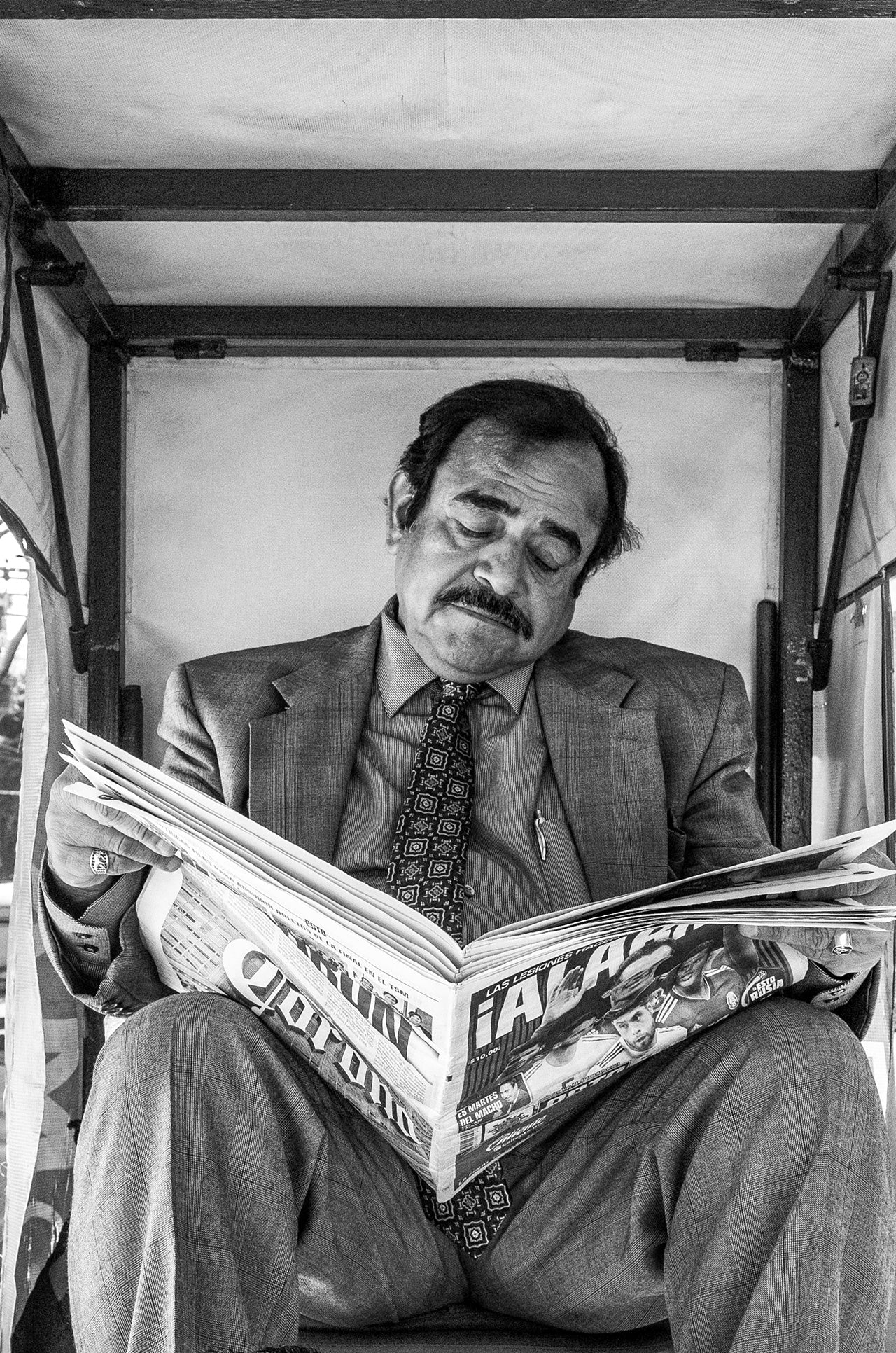
compagnon: Let's just say this project, which was later even published journalistically, was an option to further your own education. You also famously claimed that you could name more MMA fighters than professional photographers. Does this mean that you don't look at the work of other photographers or media professionals or do you simply not remember their names? Because your passion for photography is undeniable...
Frederik Trovatten: "*laughs* Hhhm, well, I don't really know myself whether that's okay or reprehensible. I'm not a morning person, I often stay up late and one night I saw an interview with the rapper Kendrick Lamar. He was talking about how he draws inspiration from the legendary, great rappers that came long before him. You have to know the history and roots of an art to really understand the culture and everything behind it. So should I be a student of the art form? Am I barking up the wrong tree if I just do my thing? An incredibly difficult question, I think. The photos I take today are not the ones I want to take tomorrow. I know that. I want to bring things into focus that would be difficult to explain with words."

compagnon: What a great sentence. What makes a motif difficult for you to describe? Looking at the photos you have already taken, do you think there is a common thread that runs through your pictures and publications?
Frederik Trovatten: "That's a really difficult question. Sometimes you just have to see something. For example, if I travel to a beautiful mountain in Norway and want to describe to you what this place looks and feels like, my words only go so far. To really understand it, you have to see it for yourself. The focus for me is certainly the visual stories in a picture. And sometimes they are almost impossible to explain in words."

compagnon: You focus a lot on street photography and that is where your core competence in photography lies. Do you find it particularly difficult to get commissions and client projects in this segment of photography? Especially since you also said that beautiful portrait shoots on the street are far from being street photography.
Frederik Trovatten: "I can actually count all the commissions I've ever had on one or at most two hands. My first assignment was for a guy who wanted photos for his social media channels. I told him at the time that I only had an iPhone 7 to work with. He still wanted to work with me. When I look at those photos today, I think they're awful. Then I documented a concert for the band 'Offspring'. In spring 2020, I was then booked by a Fortune 50 company, more precisely a social media network that we all use, to shoot portraits of people in Mexico, of course without any lifestyle character. I always thought that a street photographer could never work for big companies. But there is a market for it and plenty of creative people who want these jobs. One example is William Klein. At least one name I can drop. A street photographer who wasn't interested in fashion, but was nevertheless booked by Chanel. And it worked. A likeable guy and first-class photos. Do your work with passion and you'll get everywhere."

compagnon: So the opportunity to get such jobs is not your personal goal, but someone like William Klein has succeeded. How do you stand out as a street photographer? Is it simply your passion for the genre? Or the individual style, which you can't learn anyway, but have to hope to develop? What do you think?
Frederik Trovatten: "It's a common misconception that photographers don't get booked for street photography. The big corporate job I just told you about is a good example. They wanted a specific, real street photography look for their campaign. The shoot lasted three days, I had no experience with anything similar and I was paid around 20,000 USD for three days. Of course, jobs like that don't come around that often. But today you stand out by being visible. William Klein was visible. If he were still alive today, he would certainly be very popular on social media. Because of his personality and because of his skills. If you make an effort to be really visible, you can also get interesting jobs. My personal goal is to be able to pay myself a salary without doing any jobs of this kind. I only want to use my camera for projects that are exciting for me."
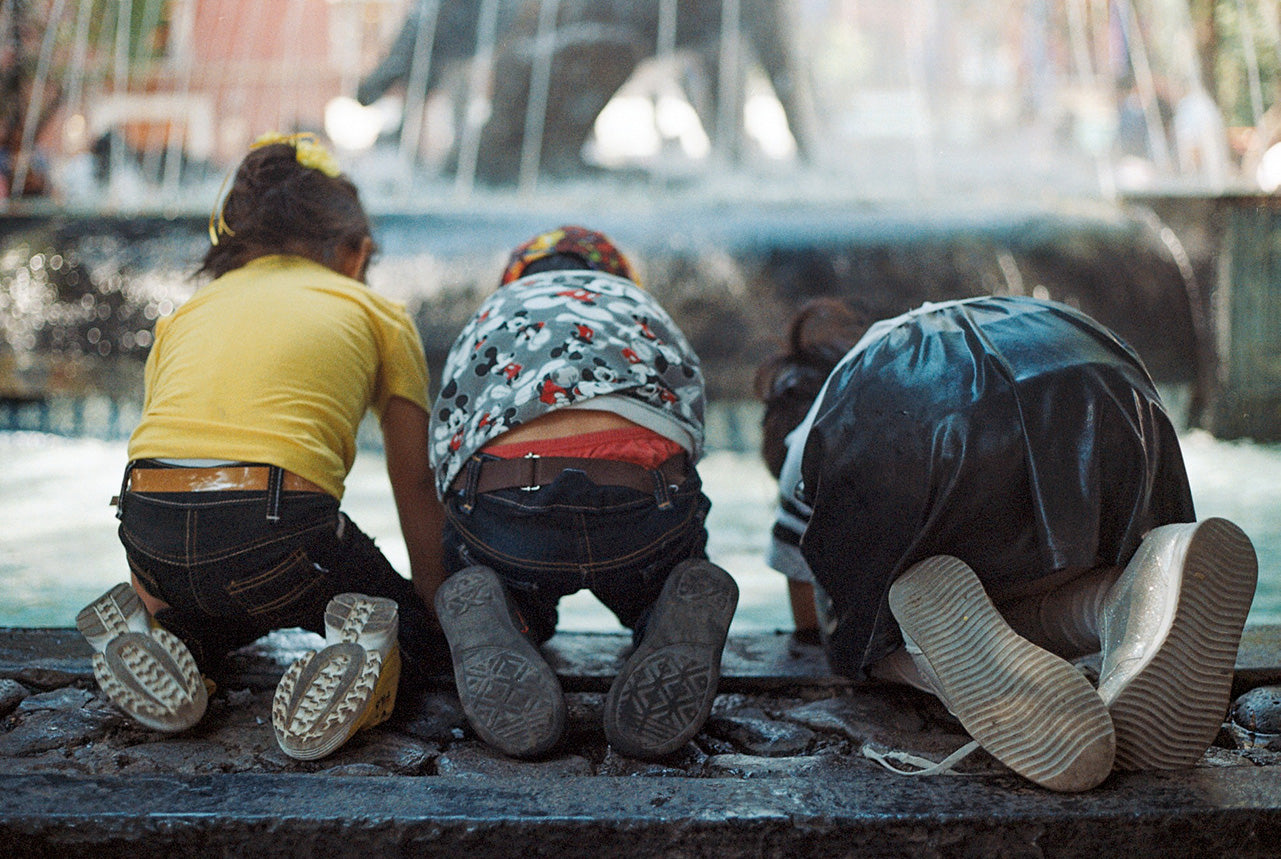
compagnon: You can't get much more creative freedom than that. Do the things you want to turn your camera on for change from time to time? If you can choose your work, it also means that you have to find new challenges or horizons for yourself. Do you already have plans or upcoming challenges for the future?
Frederik Trovatten: "What I mainly use my camera for has already changed a lot in the last three years, I think. I simply expect a lot more from myself now than I did two years ago. I concentrate on street photography but also want to do more documentary work. Simply being out and about and finding significant events that should be documented. And have an additional companion with me to film the documentation. Especially for YouTube. And challenges have never been a problem, I've actually been really good at them from day one. Always being my own harshest critic and pushing myself with it."

compagnon: Do you already have specific topics in mind that you would like to document?
Frederik Trovatten: "Nothing is really set in stone yet, but there is one project that I would really like to venture into: I would call it Neighborhoods or something like that. I visit different areas and neighborhoods of different countries and cities and photograph the people there. They don't have to be particularly great people, but they should be remarkable in their own way and have an interesting way of making a living. I would then like to live there with these people for a week at a time and document everything. Something like that."

compagnon: That sounds strong, but not easy to implement. Of course, a certain amount of travel is involved. You have already lived in several countries. What is particularly important to you when traveling, especially for creative work? You had the Element backpack with you on your trip to rainy Denmark. Did it live up to your expectations?
Frederik Trovatten: "Since living in Mexico and starting photography, I haven't traveled much. Maybe once in a while to another city but otherwise rather rarely. I have the impression that many photographers want to move to a new environment every 12 months to get fresh visual stimulation. I don't rely on that, but I'm looking forward to traveling more when the situation in the world finally returns to normal. As for the Element backpack, I think it's absolutely fantastic. I don't do reviews on camera bags or anything like that but when I got the Element backpack I immediately thought it was super cool. The compagnon for my mom also hit the mark. She told me it was the most beautiful bag she had ever seen. And she has really high standards for something like that. *laughs* The Element backpack will be with me all the time in future, it's great to have everything in one place, especially when traveling. You'll be seeing a lot more of me with it."

compagnon: We can hardly wait for that! Thank you Frederik for taking the time for this interview. Stay healthy, especially these days, and continued success in street photography and for your upcoming ideas. If you want to see more of Frederik, check out his Youtube channel and trovatten.com.


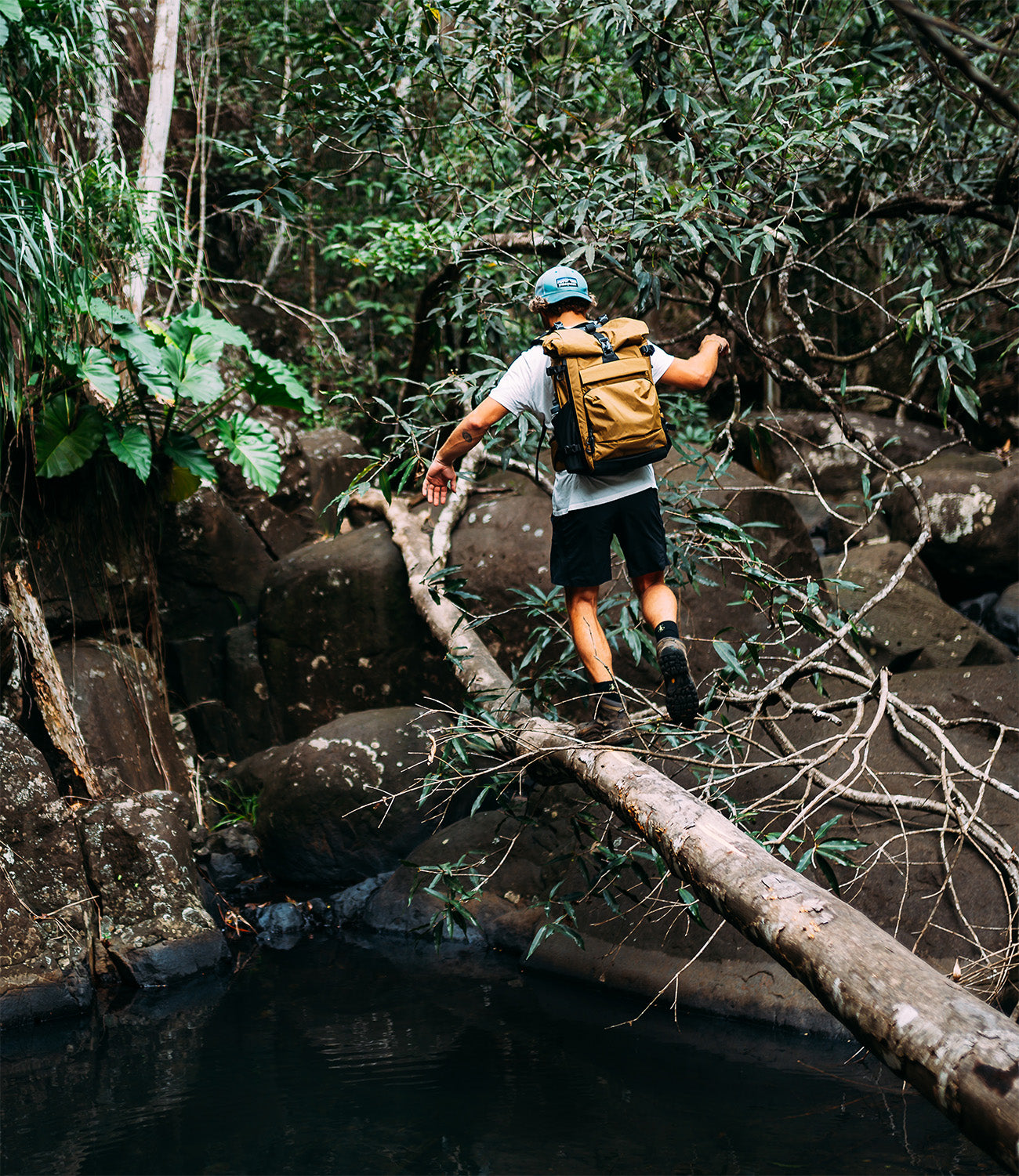
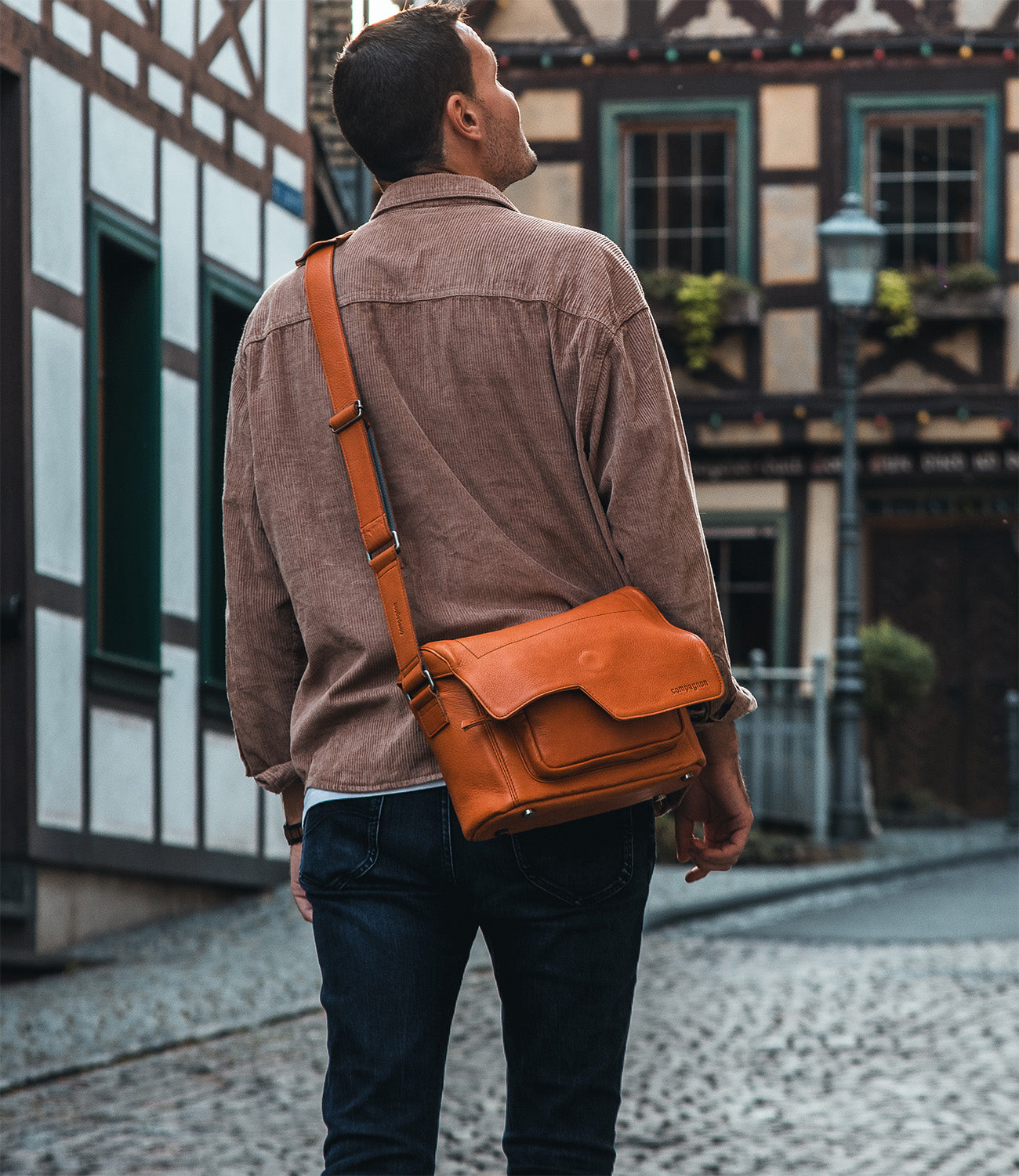
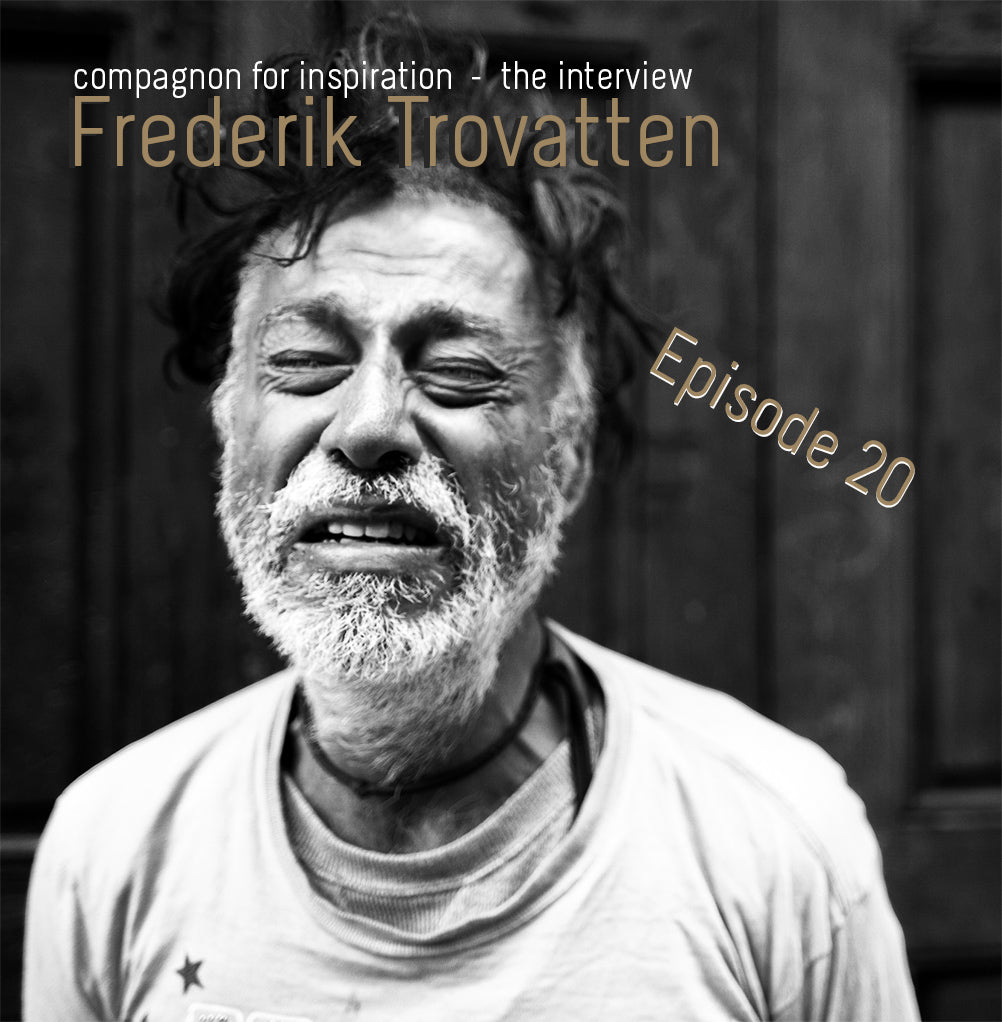
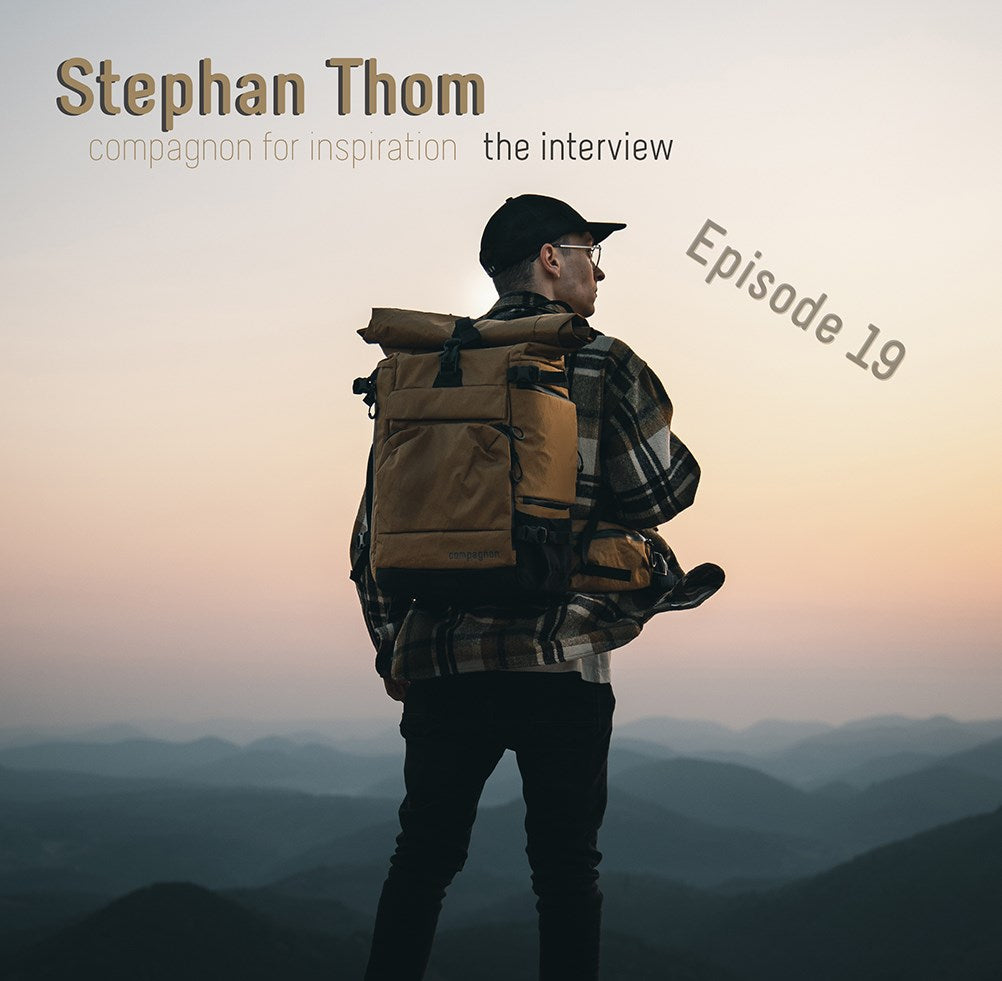
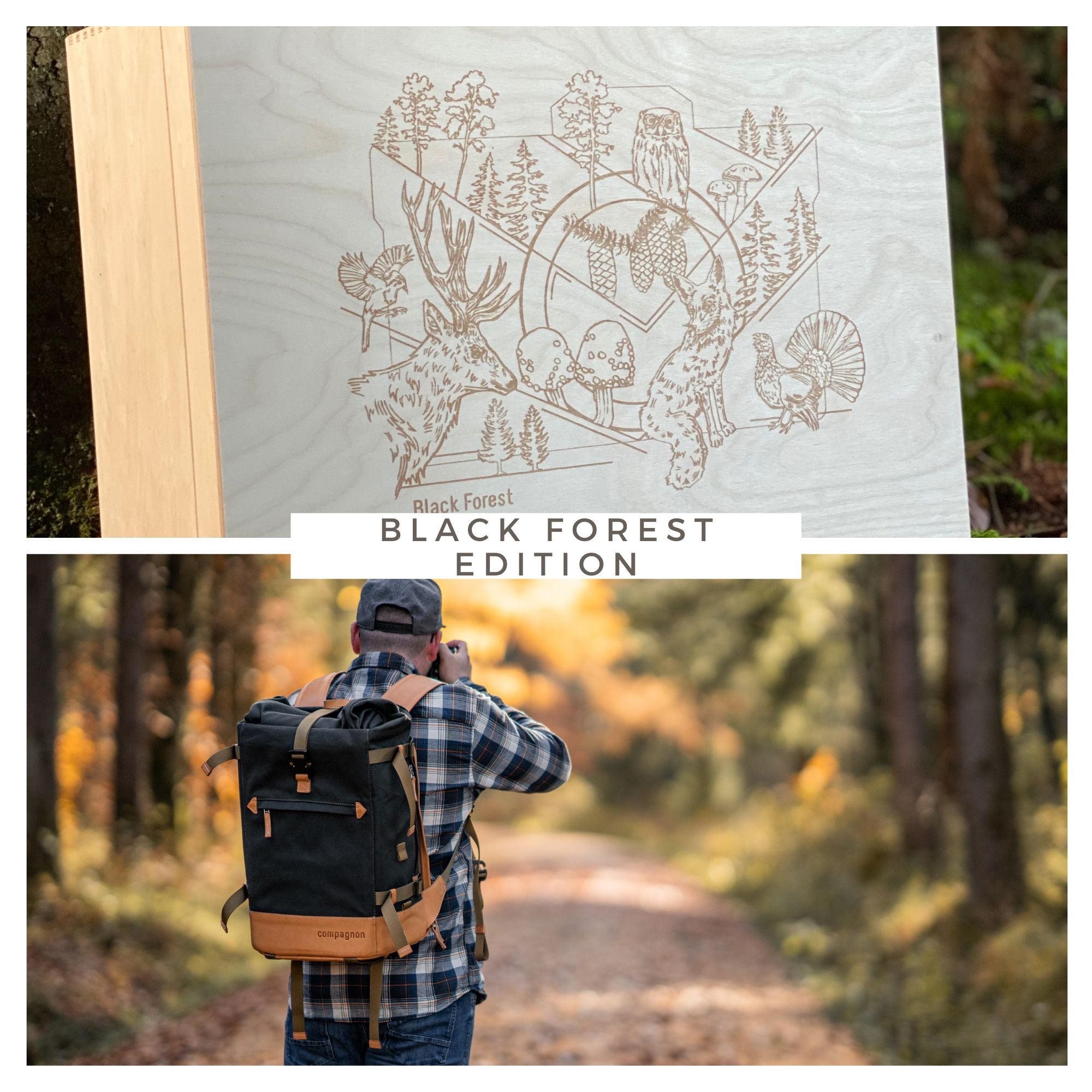
Leave a comment
This site is protected by hCaptcha and the hCaptcha Privacy Policy and Terms of Service apply.